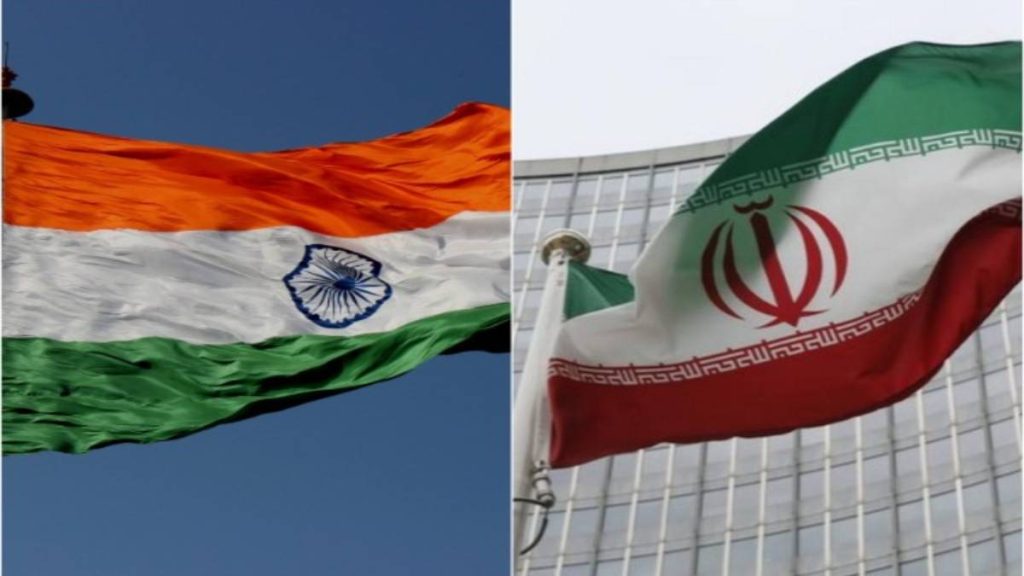The Indian Embassy in Iran has issued a travel advisory cautioning Indian nationals against non-essential travel to Iran, amid growing regional instability and escalating hostilities.
“In view of the security-related developments over the past several weeks, Indian nationals are advised to carefully consider the evolving situation before undertaking non-essential travel to Iran,” the embassy stated in a post on X (formerly Twitter).
The advisory follows a sharp escalation in regional conflict that began on June 13, when Israel launched Operation Rising Lion, targeting Iranian military and nuclear facilities. In response, Iran carried out missile and drone strikes on Israeli positions, prompting the United States to retaliate with attacks on Iranian nuclear sites in Fordow, Natanz, and Isfahan.
Iran then launched retaliatory strikes, including attacks on Israeli-occupied territories and a U.S. military base in Qatar. The intense 12-day conflict ended on June 24 after Israel declared a unilateral cessation of hostilities, announced by U.S. President Donald Trump.
The embassy also advised Indian nationals currently in Iran to remain updated with official advisories and regional developments. “Indian nationals already in Iran, and interested in leaving, may avail the commercial flight and ferry options which are available right now,” it said.
The tensions are also tied to the ongoing concerns over Iran’s nuclear programme. While Iran insists its nuclear activities are peaceful, the U.S. and its allies have expressed fears that uranium enrichment levels could be used to develop nuclear weapons.
The 2015 nuclear agreement, formally known as the Joint Comprehensive Plan of Action (JCPOA), aimed to limit Iran’s nuclear activities. However, the accord collapsed after the U.S. unilaterally withdrew in 2018 under President Trump. Iran subsequently exceeded its enrichment limits and now purifies uranium up to 60 per cent—just short of weapons-grade levels.
Earlier this month, Iran’s President Masoud Pezeshkian signed a new law suspending cooperation with the International Atomic Energy Agency (IAEA), following parliamentary approval.
Indian authorities have advised citizens to continue monitoring official updates closely as the situation remains fluid.
